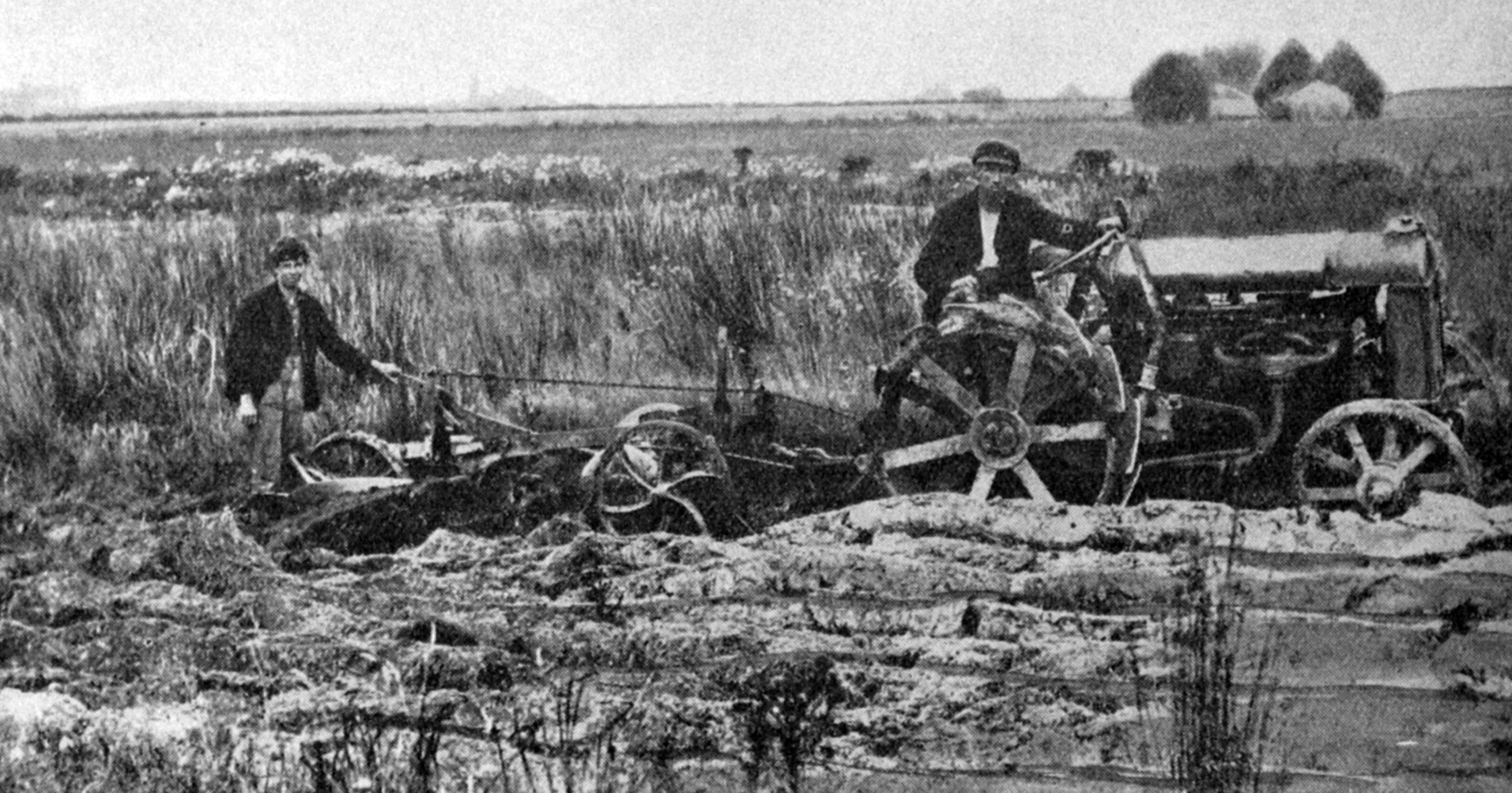
Mr G. Holford BAg gave an interesting address on farm tractors. He stated that one of the most striking features in connection with arable farming in the dominion was undoubtedly the demand for farm tractors. An investigation had shown that circumstances had arisen which made farmers turn their attention to tractors for farm work. It had to be said that the tractor would never really displace all the horses on a farm. There were certain tasks that were more suitable to the horse, and for this reason the retention of a number of them was considered essential.

The speaker gave reasons why the tractor was bound eventually to take the place of the horse in heavy farm work. A tractor worked in any weather. A horse was subject to ills of the flesh, and the tractor was machinery which any man of average intelligence and ability could fix in a short time. The expenses for horses went on the whole time, whereas when the switch was turned off on the tractor it was finished with until again required. Tractors enabled the farmer to work a large area of land in a short time, and so he could take advantage of the limited period when the soil had to be used to the best advantage. The speaker quoted the relative cost of the tractor and a two-horse team for one year’s working.
It had been proved that a two-horse team cost £1000 to work for one year, while on the other hand it cost only £600 to work the tractor.
Columnist moved by messages
In Memoriam verses are not always conceived in the most felicitous taste, though they are pathetically well-intentioned, and therefore exempt from criticism. An unhappy example one would never think of quoting, but I was struck by the juxtaposition of two maternal notices of last Saturday (ODT, May 24, 1924): "Moe mai E Mama, Ito moenga roa, I runga Moeraki, Moke moke ai. Mate Ariki Koe manaki ai, Moe mai E Mama, Ito moenga roa."
"The noblest thoughts my soul can claim, The holiest words my tongue can frame, Unworthy are to praise the name, More sacred than all other. An infant, when her first love came, A man, to find it just the same; Reverently I breathe her name, The blessed name of mother."
— by ‘Wayfarer’
Rails extend inland
A correspondent writing from Beaumont states that the Public Works Department is making good headway with the railway line. They are now within three miles of Miller’s Flat, but it will be some considerable time before the last touches are put on and the line opened.
Window’s crash launches apples
The truth of the old adage "It’s an ill wind that blows nobody any good" was borne out on Monday evening, when a large front window in the premises of Mr A. Geddes, fruiterer, Princes street, fell outwards, and the fine display of Delicious apples which the window contained was precipitated upon the footpath. Small boys and also a number of their elders "made hay while the sun shone" and about 12 or 14 cases of apples wore promptly collected by the onlookers.
The window was valued at approximately £25 and was covered by insurance. It is surmised that the heavy wind, combined with the weight of the apples, caused the window to collapse.
— ODT, 28.5.1924 (Compiled by Peter Dowden)











